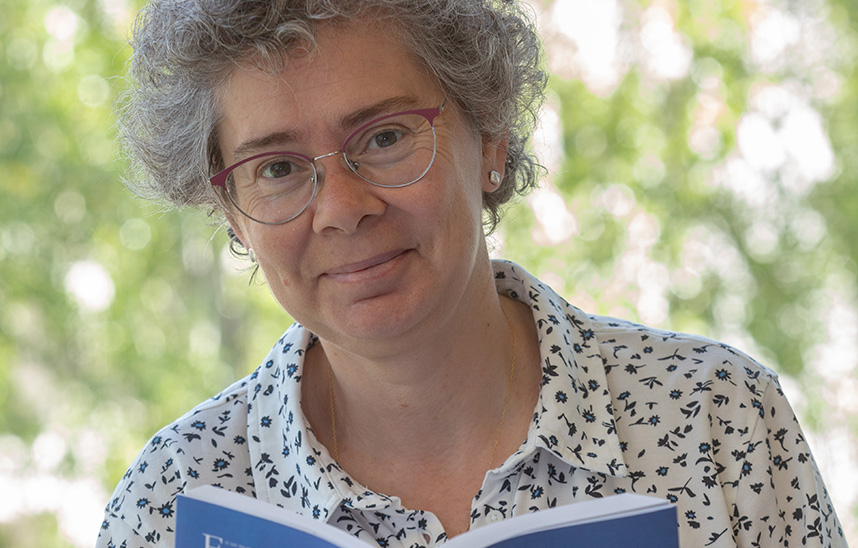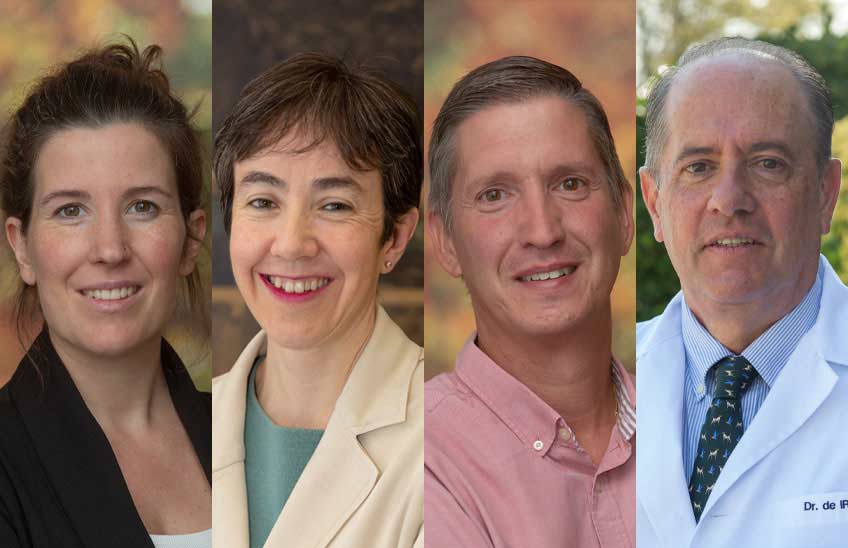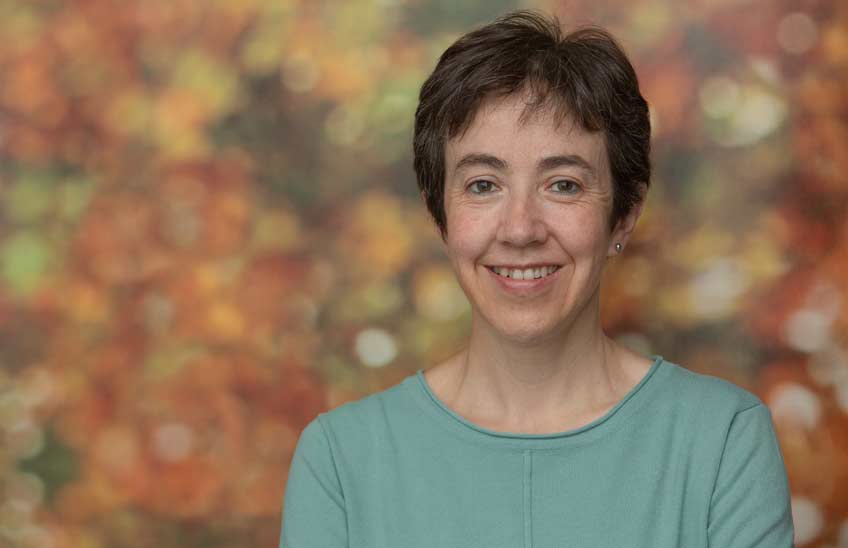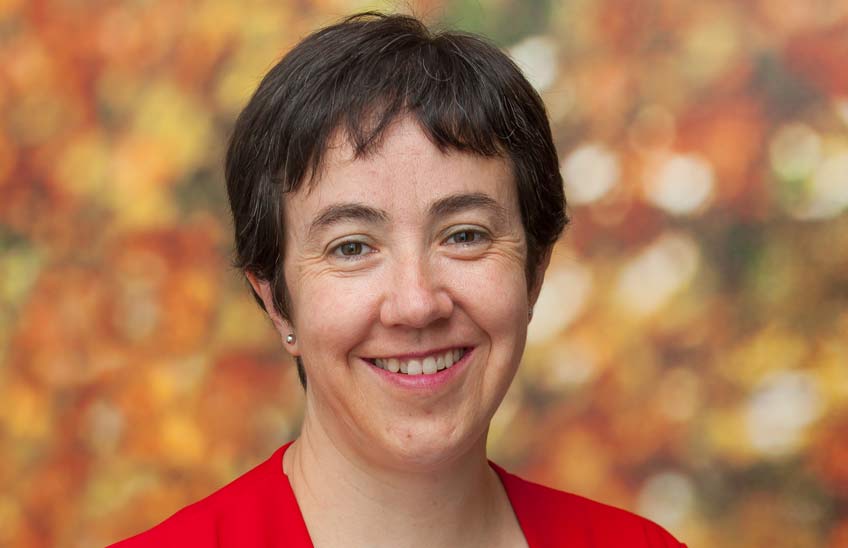European project offers online resources to foster faculty 's critical thinking skills in the face of fake news about minorities and migrants
The CoMMiTTEd team, with the participation of researchers from the University of Navarra, has developed a multilingual database for false information.
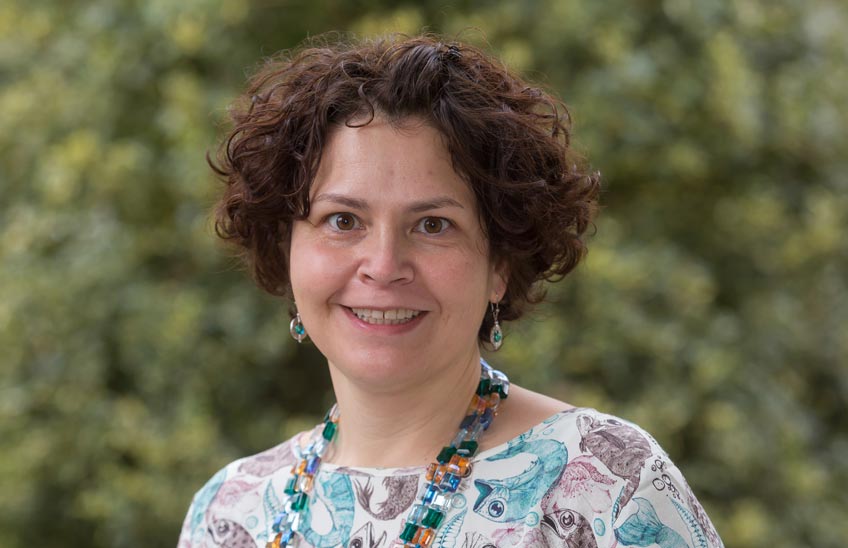
FotoManuel Castells<br>/Sarali Gintsburg.
03 | 03 | 2023
The European project CoMMiTTEd, in which researchers from the Institute for Culture and Society of the Institute for Culture and Society (ICS) of the University of Navarra, has presented free online resources to encourage critical thinking among school and high school faculty in the face of false news about Covid, migrants and minorities, with a view to their work with adolescents. The initiative is funded by the European Union's Erasmus+ program.
CoMMiTTEd is led by the University of Hamburg (Germany) and also includes experts from the universities of Aveiro (Portugal) and Tilburg (The Netherlands). On the ICS side, five members of the group 'Public discourse' are participating: Sarali Gintsburg (manager), Ruth Breeze, Pilar Gerns, Ana María Fernández and Dámaso Izquierdo.
Specifically, the team has created a multilingualdatabase of fake news collected in the four countries participating in the project. In this way, the observatory can be used by speakers of Spanish, Dutch, Portuguese, German and English. Different sources have been used to create it: newspapers, Facebook and Twitter posts, as well as Tiktok. It also includes guidelines and a glossary. In addition, the project website offers two pedagogical modules and an electronic guide .
The materials have been explained in an online event, where some results from research have also been shared and presentations have been given on issues such as Education in the age of misinformation, critical analysis of political issues and the role of teachers in combating fake news.
Strategy 2025: Society and Communication in the Digital Environment
CoMMiTTEd aims to train current and future teachers by improving their skills in critical analysis of multimodal speech (text, image, sound...) and digital teaching skills. "We propose to introduce this critical cultural awareness in the training programs of primary and secondary school faculty , regardless of the subjects they may teach in the future," said Sarali Gintsburg.
As he added, digital literacy for teachers is strongly linked to self-directed learning."With our project we offer this possibility to those who are willing to explore its potential and benefits in a professional environment, as we offer a ready-to-use toolkit," he said.
He also pointed out that the younger generations are particularly vulnerable, so they need guidance from their trainers. "They use as source information what they find on network and get into the habit of ignoring anything they don't like," he said. "Often, this attitude leads to fake news, as it is driven by the desire to justify personal likes/dislikes and not by the desire to know the truth."
Thus, he stressed the need to "have critical thinking skills" and the right "to access alternative points of view on a topic, which must always be accompanied by a solid Education and a good knowledge on that one".
The project is aligned with one of the main areas of the University of Navarra's Strategy 2025, 'Society and communication in the digital environment', which studies the phenomena, processes and effects of the Digital Communication in its multiple dimensions: social, political, economic and cultural.

